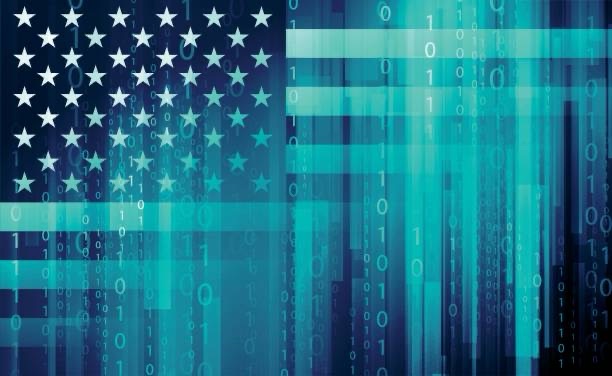The 2024 US presidential election has been significantly influenced by advancements in artificial intelligence, commonly referred to as AI, marking a pivotal moment in political campaigning and voter engagement. From data analysis to targeted advertising, AI has reshaped the electoral landscape in several ways.
Enhanced Voter Targeting and Engagement
One of the most profound impacts of AI has been on voter targeting and engagement. Campaigns are utilizing sophisticated AI algorithms to analyze vast amounts of voter data, enabling them to identify and target specific demographics with tailored messages. This level of precision allows for highly personalized outreach, ensuring that campaign messages resonate more effectively with individual voters.
AI-driven chatbots and virtual assistants have also become common tools for campaigns, providing voters with instant access to information about candidate’s policies, voting procedures, and more. These tools help to engage voters more actively and address their concerns in real-time, with the overall aim of increasing voter turnout.
Social Media and Content Creation
AI has revolutionized the way campaigns create and distribute content on social media platforms. AI-powered tools can generate customized content, including videos, graphics, and articles, that appeal to different voter segments. This allows campaigns to maintain a consistent and engaging presence across various platforms, reaching a broader audience.
Moreover, AI algorithms play a crucial role in analyzing social media trends and sentiment. By monitoring public opinion and identifying trending topics, campaigns can adapt their strategies to align with voter interests and concerns, making their messaging more relevant and timely.
Predictive Analytics and Strategy Optimization
Predictive analytics, powered by AI, has become a cornerstone of modern political strategy. By analyzing historical election data, polling results, and voter behavior patterns, AI can predict election outcomes with remarkable accuracy. This allows campaigns to allocate resources more efficiently, focusing their efforts on swing states and undecided voters who are key to securing a victory.
AI also assists in optimizing campaign strategies by providing insights into which messages and tactics are most effective. Through continuous data analysis and feedback loops, campaigns can refine their approaches in real-time, enhancing their overall effectiveness.
Combating Misinformation
On the other side of the coin, the proliferation of misinformation has been a significant challenge in recent elections. AI is playing a vital role in combating this issue by detecting and flagging false information more effectively. Machine learning algorithms can identify patterns and sources of misinformation, enabling platforms and campaigns to take proactive measures to counteract false narratives.
Furthermore, AI-driven fact-checking tools provide voters with accurate information, helping to ensure that electoral decisions are based on reliable data. This, ideally, should contribute to a more informed electorate and a healthier democratic process.
Ethical Considerations and Challenges
While the impact of AI on the 2024 presidential election has been largely positive, it also raises important ethical considerations. The use of AI in voter targeting has sparked concerns about privacy and data security. Ensuring that voter data is handled responsibly and transparently is crucial to maintaining public trust.
Additionally, the potential for AI-generated deepfakes and manipulated content poses a significant threat to the integrity of the electoral process. Safeguards need to be in place to detect and mitigate such threats, ensuring that the information voters receive is accurate and trustworthy.
Several campaigns have been caught using AI generated content to disparage their opposition or give themselves false support. This alone should put a major spotlight on AI usage in political campaigns.
Conclusion
As AI continues to evolve, its influence on the political landscape will only grow. The 2024 US presidential election serves as a testament to the transformative power of AI in modern campaigning. By enhancing voter targeting, optimizing strategies, combating misinformation, and engaging voters more effectively, AI has reshaped the way elections are conducted and will likely continue to do so in the future.
However, it is imperative to address the ethical challenges associated with AI to ensure that its use in elections promotes fairness, transparency, and integrity. As we move forward, striking the right balance between innovation and ethical considerations will be key to harnessing the full potential of AI in the democratic process.

